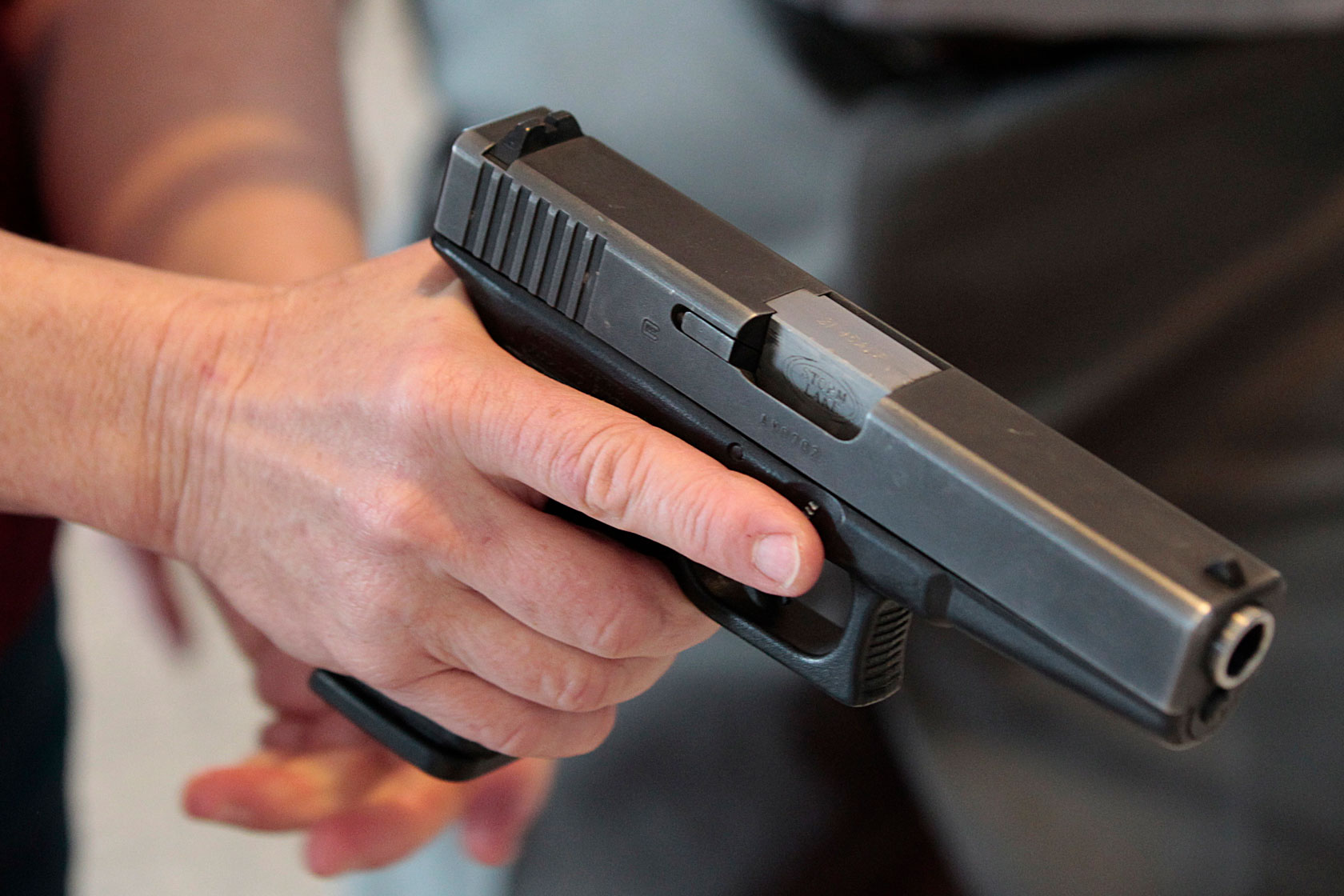A tragic mass shooting in Lewiston, Maine has once again sparked a debate about the state’s gun laws. The incident, which claimed the lives of 18 people and left 13 injured, has raised concerns about the effectiveness of Maine’s current legislation in preventing such tragedies.
Key Takeaway
The recent mass shooting in Maine has reignited the debate over the state’s gun laws. Critics argue that the absence of a red flag law, permitless carry policy, limited background checks, and the availability of assault-style weapons contribute to a concerning environment where individuals with potential threats are not adequately identified and prevented from acquiring firearms. The tragic incident has spurred discussions about the need for stronger gun control measures and addressing mental health concerns.
The Absence of a Red Flag Law
Maine is one of the few states in the U.S. that does not have a red flag law in place. A red flag law allows authorities to temporarily remove firearms from individuals who pose a threat to themselves or others. In this particular case, some have argued that such a law could have potentially prevented the shooting.
In contrast, Maine does have a yellow flag law, which allows law enforcement officers to issue requests for the removal of firearms in certain situations. However, it does not grant the same power to family members or concerned individuals, as a red flag law would. This distinction has raised concerns among those advocating for stricter gun control measures.
Permitless Carry and Limited Background Checks
Maine is also known as a permitless carry state, which means that individuals are not required to obtain a permit in order to carry a concealed firearm. This relaxed policy has come under scrutiny, with critics arguing that it allows for easier access to firearms without appropriate checks and balances.
Additionally, Maine does not have a comprehensive background check program in place, which has raised questions about the thoroughness of the state’s vetting process when it comes to purchasing firearms. Advocates for stricter gun control argue that a more robust background check program could help prevent those with a history of violence or mental health issues from acquiring weapons.
Gun Restrictions and Mental Health
Another point of contention in the aftermath of the mass shooting is the fact that Maine has not banned the purchase of assault-style weapons, including the one allegedly used in the incident. Critics argue that such weapons have no place in civilian hands, while supporters of gun rights emphasize the importance of responsible gun ownership.
The case of Robert Card, the alleged shooter, has also raised questions about how individuals with reported mental health issues are monitored and prevented from accessing firearms. Card, a trained firearms instructor with military experience, had recently exhibited concerning behavior, including hearing voices and making threats. However, he was still able to possess firearms despite his reported issues, prompting calls for a red flag law that could have identified and addressed his potential threat.

